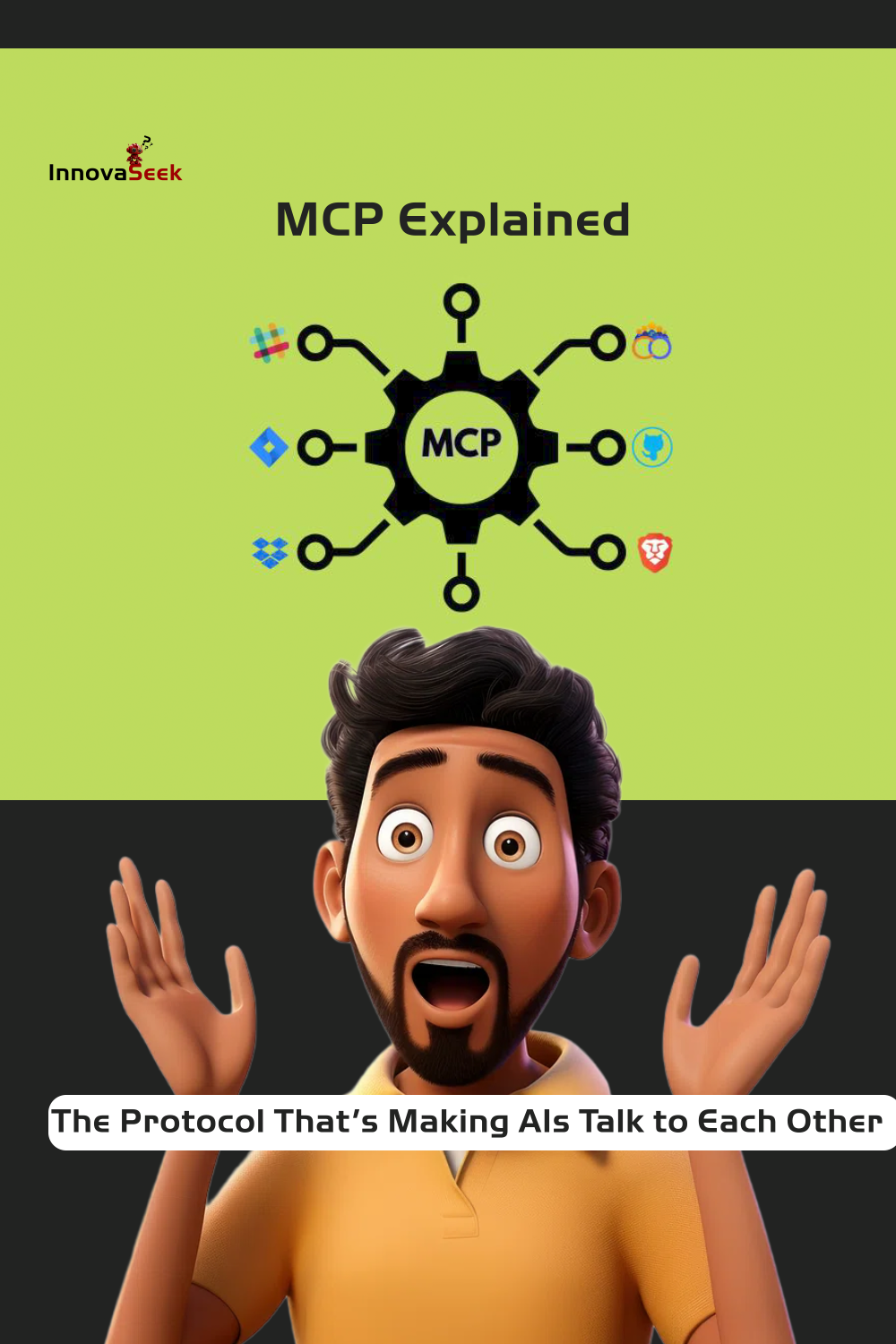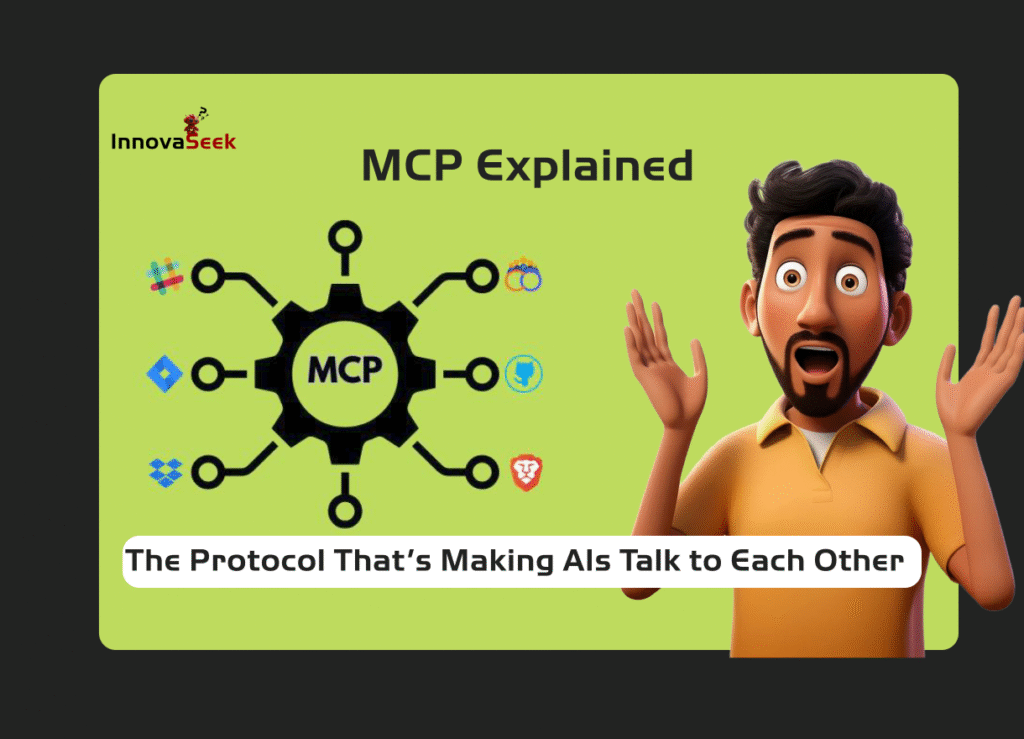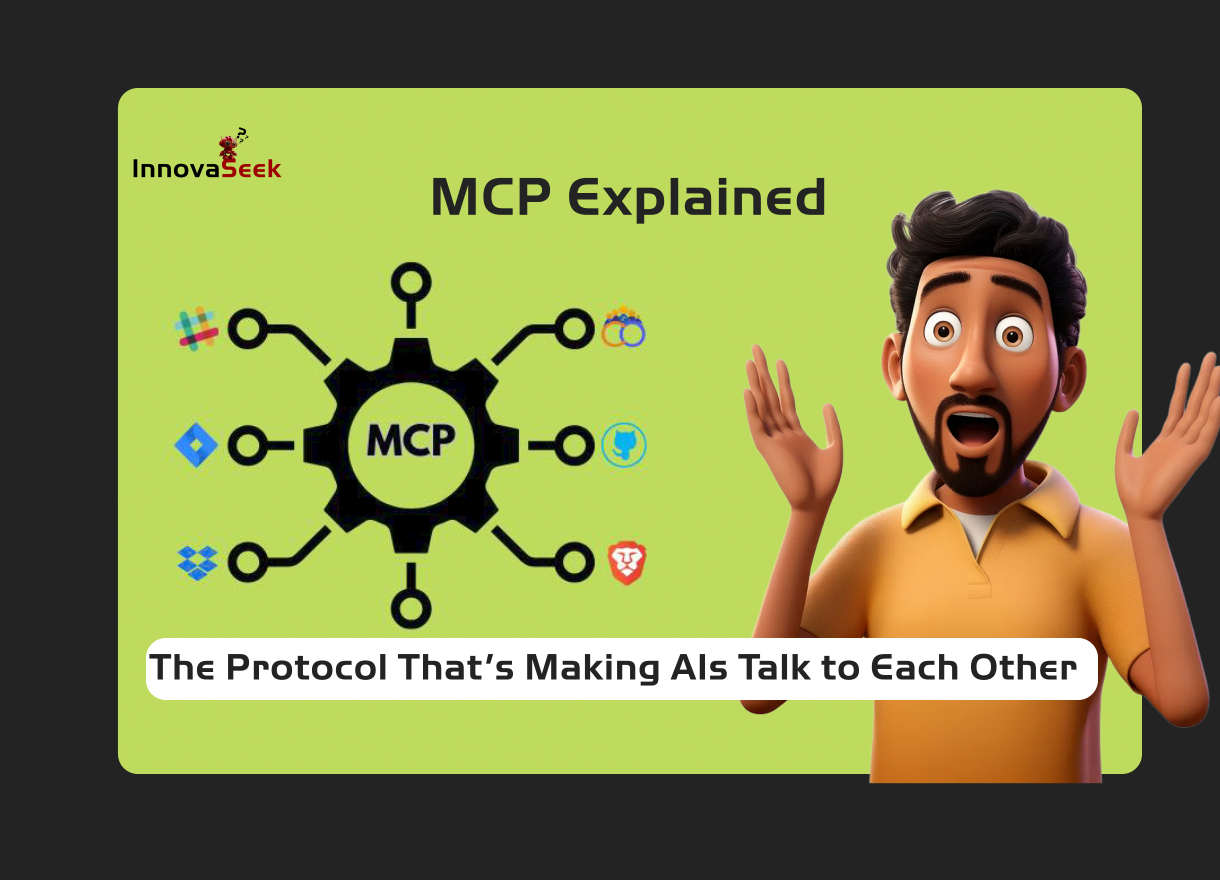What Is MCP?
Here’s an English version of your article about the Model Context Protocol (MCP), written in a clear, engaging style for a tech-savvy audience:
What Is the Model Context Protocol (MCP) – And Why Everyone’s Talking About It
Ever wondered what it would take for different AI models—like GPT, Claude, and others—to work together smoothly, interact with external tools, and access data without all the usual friction?
That’s exactly the problem MCP—short for Model Context Protocol—was built to solve.
So, what is MCP?
Think of MCP as a universal language or constitution that allows AI models to communicate not only with each other but also with tools, apps, and databases. Just like HTTP standardized how websites talk to each other over the internet, MCP defines a set of common rules that make it easier and safer for AI models to interact with everything else.
Before MCP, every company had to write its own custom code to connect AI models with external tools. That led to compatibility issues, security risks, and a lot of wasted time. MCP changes the game by offering a shared framework for integration.
Where did it come from?
MCP was introduced by Anthropic in late 2024 as a protocol designed to standardize AI-to-tool communication. Since then, it has gained rapid support from major tech players including OpenAI, Google, and—by early 2025—even Microsoft joined in with tools like Azure MCP Server to help developers implement it effortlessly.
Why are people excited about it?
There are a few big reasons:
- Standardization: Before MCP, every company did things their own way. MCP introduced consistent rules, reducing confusion and errors.
- Security: It sets clear security boundaries to ensure safe communication between AI models and external tools or data sources.
- High Control: With MCP, AI agents can do much more—imagine an AI that can manage files, interact with GitHub, or even run commands directly. That’s no longer science fiction.
My experience with MCP
Recently, I tried out one of the MCP servers called Filesystem. I used it to connect Claude to specific folders on my local machine, allowing it to read and analyze files without uploading them manually. Even better—it could write .txt files directly and save them on my device. That used to require complex setups, but with MCP it was super simple.
This is just one example of what MCP unlocks. Whether you’re building automation workflows, connecting to APIs, or enabling live data analysis, MCP makes it much easier.
Final Thoughts
MCP isn’t just another protocol—it’s a major milestone in making AI more integrated, useful, and secure. As more developers adopt it, we’ll likely see faster innovation and more powerful AI applications across industries.
💬 Have you heard of MCP before? If not, what would you like to use it for? And if you’ve tried it, what cool things have you built with it? Share your thoughts in the comments!



